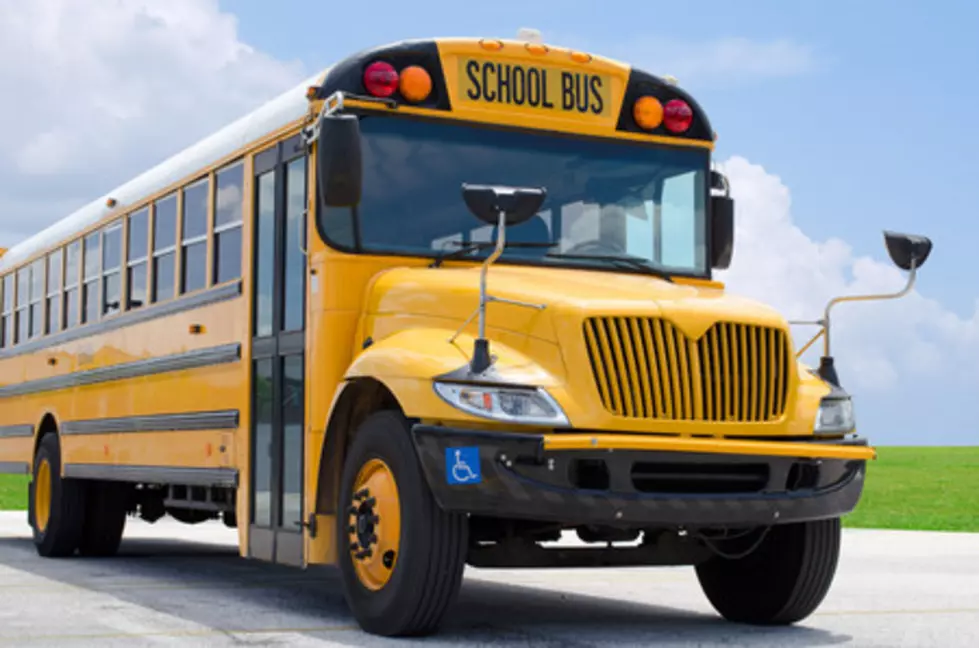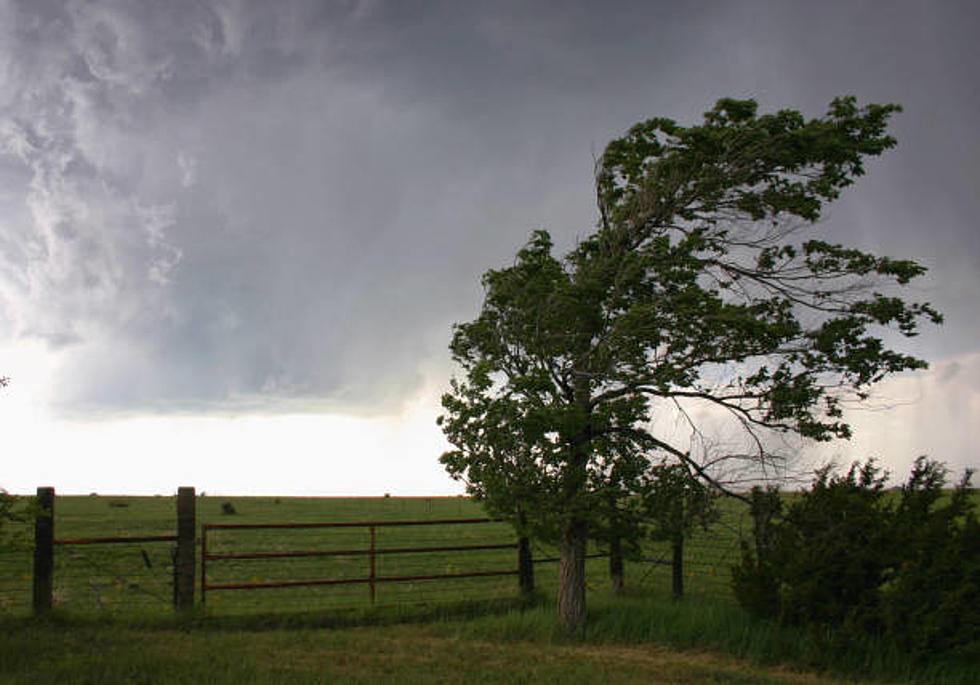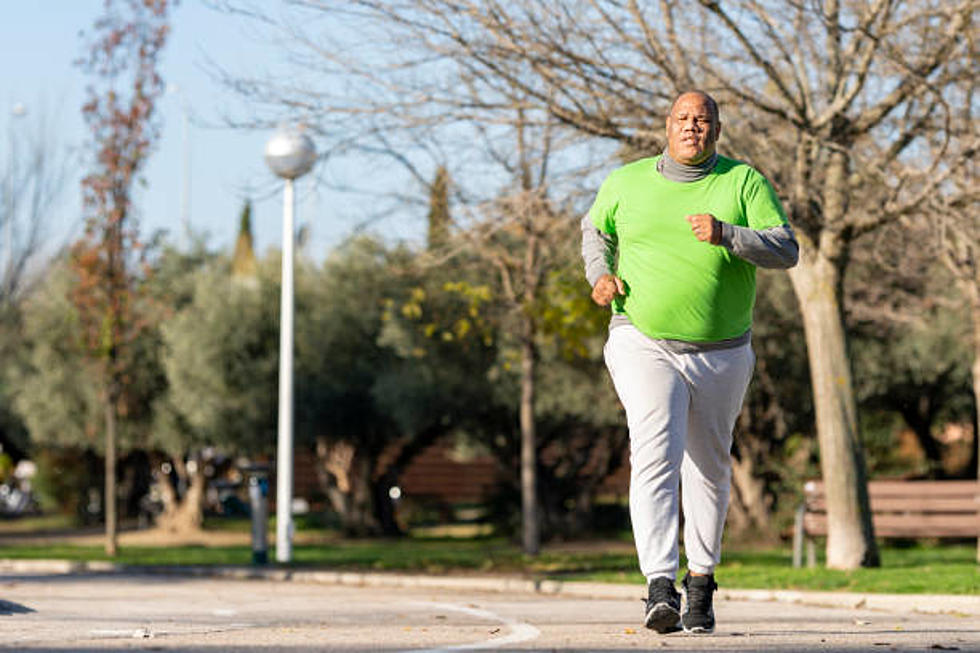
DPS Gives Tips in Preparation Of Winter
Winter begins December 21st and the Texas Department of Public Safety has some tips for Texans in making preparations for what could be potentially hazardous weather to come this season.
“Weather in Texas can be hazardous and unpredictable,” said DPS Director Steven McCraw. “It’s important to be prepared for winter weather and take steps now to ensure you’re ready for whatever comes your way — be it snow, ice, sleet or freezing temperatures.”
When it comes to winter weather, ensuring your vehicle is properly maintained is vitally important. Check the battery, windshield wipers, tire pressure, tire tread and fluid levels, as well as ensure door and trunk locks are lubricated to prevent freezing.
Drivers are encouraged to keep the following emergency supplies in their vehicles:
Blanket or sleeping bag;
Extra clothes, gloves and a hat;
Cell phone, radio, flashlight, extra batteries and phone charging cord;
First aid kit and pocket knife;
High-calorie, non-perishable food and bottled water;
A bag of sand or cat litter to provide traction for tires;
Windshield scraper, tool kit, booster cables, tow rope and a shovel; and
Jumper cables.
In addition, DPS offers the following tips to stay safe during winter weather:
Monitor local weather broadcasts and check the latest weather conditions from the National Weather Service. Use an all-hazards weather radio for up-to-date warnings, watches, forecasts and other hazard information.
Be aware that ice accumulates on bridges and overpasses before drivers will see it on roads and highways, so approach them more slowly in winter weather.
Sign up for calls or texts from your local emergency notification system.
Make sure you have inclement weather contact numbers for school and work.
Avoid traveling when sleet, freezing rain or snow is predicted, and monitor road conditions by visiting Drive Texas or calling (800) 452-9292.
If you must drive in inclement weather, allow extra time to reach your destination.
On icy roads, drive slowly and increase the distance between your vehicle and others, as you may need increased room to stop your vehicle. Do not use cruise control.
Ensure your vehicle is properly maintained, and the gas tank is full.
Watch for downed trees and power lines. If a stop light is out, treat the intersection as a four-way stop.
Insulate outside faucets and pipes near outer walls.
Make sure furnaces, heaters, fireplaces and wood stoves are clean, well-ventilated and in good working condition.
Keep space heaters at least three feet away from walls and combustible materials, including furniture and bedding, and don’t operate these machines when you’re asleep. Also ensure the space heater cannot tip over.
To prevent carbon monoxide poisoning, never operate a generator or other fuel-powered device inside a home, garage or other enclosed space. The odorless, colorless gas is deadly and is produced any time a fossil fuel is burned. Sources include motor vehicle engines, generators and fuel-burning appliances or heating systems. Consider installing a carbon monoxide detector in your home.
Check on friends and family members whose health or age may put them at greater risk with hazardous weather.
Make arrangements for proper shelter and an emergency supply of food and water for your pets and livestock.
Stock up on firewood and supplies, including canned goods, bottled water and medication.
If you will be away from home for a long period of time, set your thermostat to 55 degrees or higher and open cabinets under all sinks.
For more tips on vehicle safety, visit Ready.gov, and check out these winter driving safety tips from the National Highway Traffic Safety Administration (NHTSA).

More From 98.7 Kiss FM









